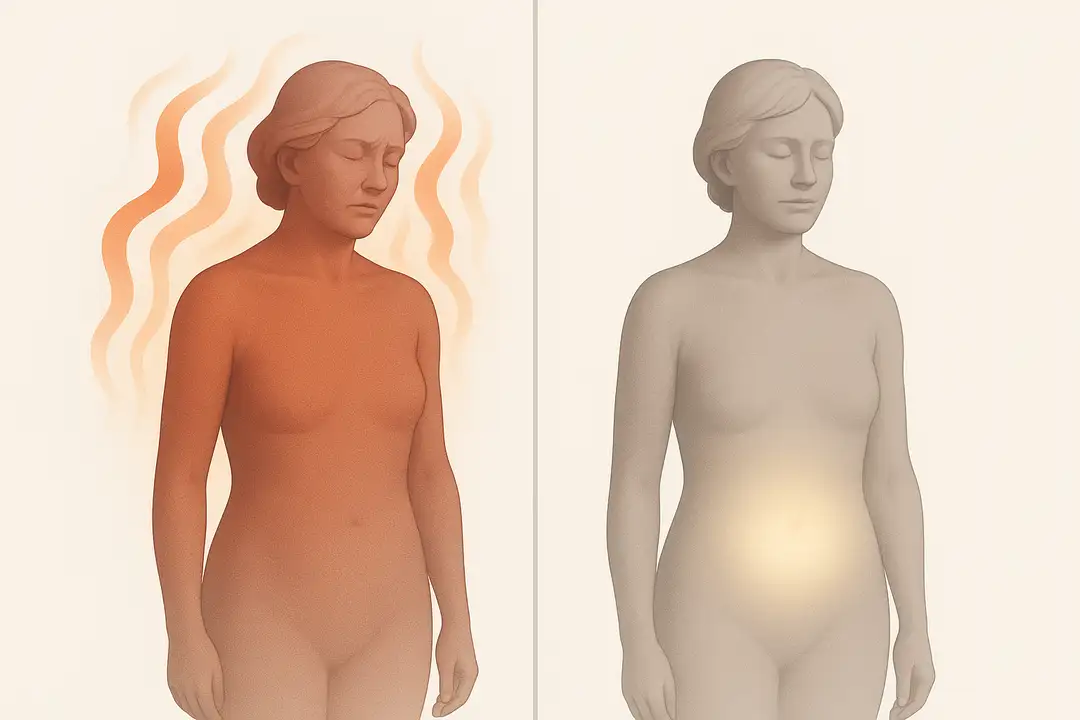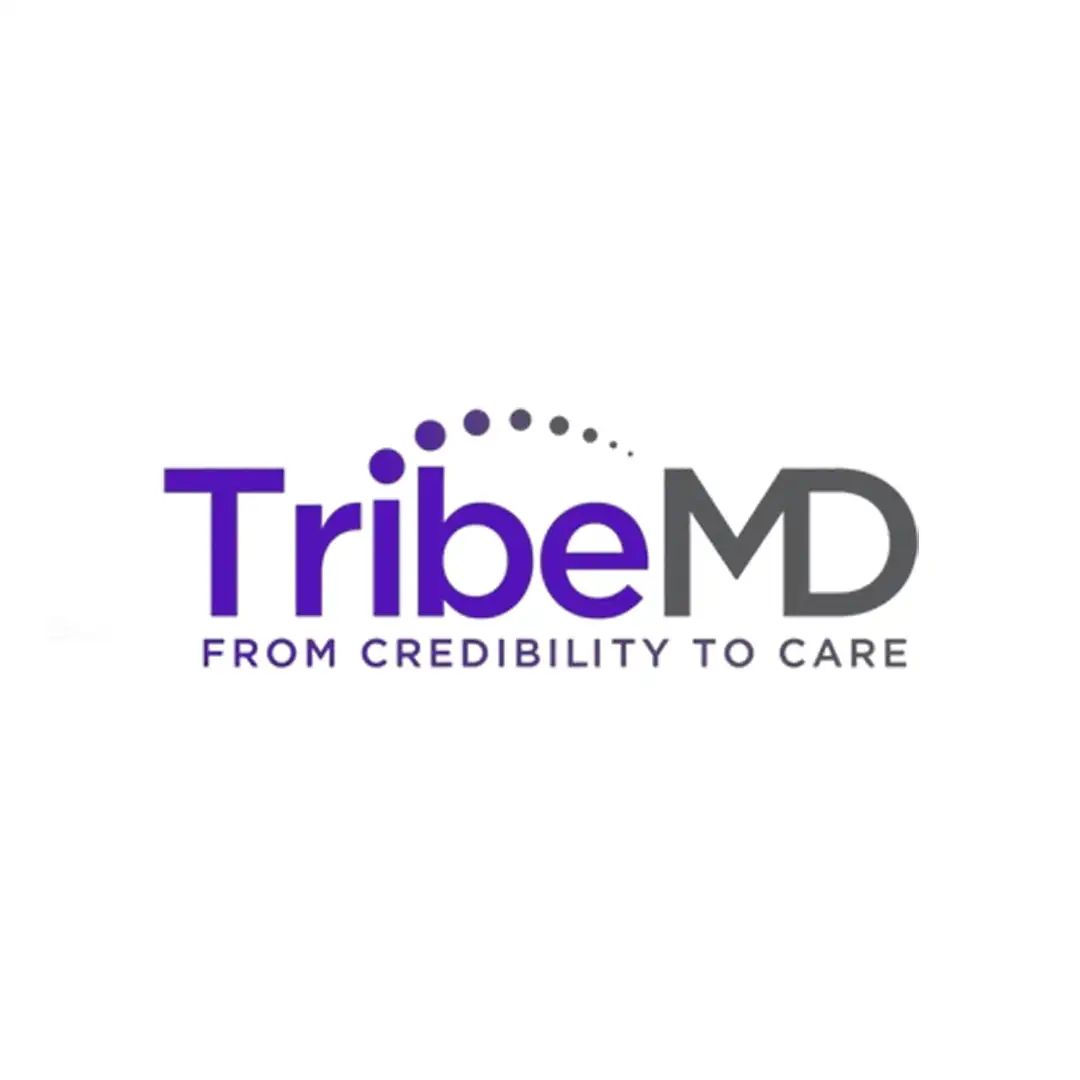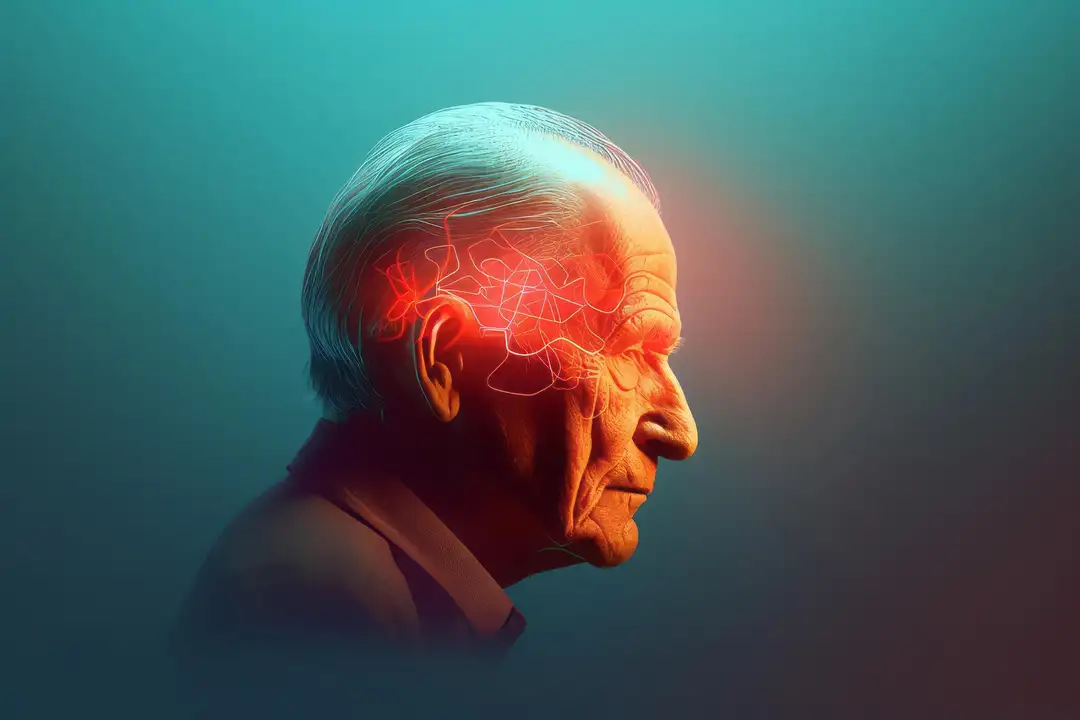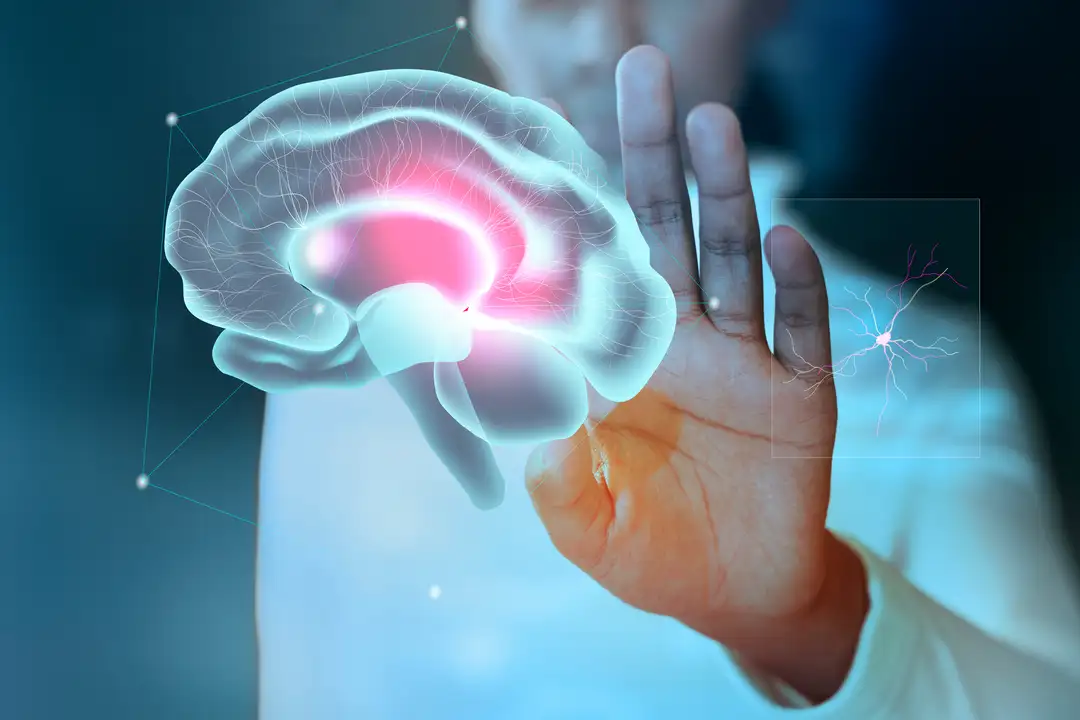
Menopause, defined as the loss of ovarian follicular activity without another pathological or physiological cause, generally occurs between 45 and 56 years of age. During this transition, 50% to 75% of women experience vasomotor symptoms (hot flashes and night sweats), and more than 50% develop genitourinary syndrome of menopause (GSM), both of which significantly affect quality of life. Vasomotor symptoms often persist for more than 7 years, while GSM is typically chronic.
Hormonal therapy
Systemic estrogen therapy—alone or combined with a progestogen—reduces vasomotor symptoms by approximately 75%, with similar efficacy between oral and transdermal routes.
- Conjugated equine estrogens (CEE) ± medroxyprogesterone acetate (MPA): clinical trials demonstrated increased risks of stroke and venous thromboembolism, and with CEE + MPA, an increased risk of breast cancer (~1 excess event per 1000 person-years compared with placebo).
- CEE + bazedoxifene: not associated with increased risk of breast cancer (0.25%/year vs 0.23%/year with placebo).
- FDA-approved bioidentical estrogens (chemically identical to endogenous estrogens, often used transdermally) are also effective.
Nonhormonal therapy
For women not eligible for hormone therapy, alternatives include SSRIs/SNRIs (paroxetine, escitalopram, citalopram, venlafaxine, desvenlafaxine) and gabapentin, which reduce vasomotor symptoms by 40% to 65%.
Genitourinary syndrome of menopause
- Low-dose vaginal estrogen: improvement in GSM severity by 60–80%.
- Vaginal prasterone: 40–80% improvement.
- Oral ospemifene: 30–50% improvement.
Clinical implications
Hormone therapy remains the first-line treatment for women with bothersome vasomotor or GSM symptoms, while nonhormonal options provide meaningful alternatives. Importantly, hormone therapy is not indicated for the prevention of cardiovascular disease.
Editorial note: This content was developed with the support of artificial intelligence technologies to optimize the writing and structuring of the information. All material was carefully reviewed, validated, and supplemented by human experts prior to publication, ensuring scientific accuracy and adherence to good editorial practices.
#Menopause #HormoneTherapy #WomenHealth #NonhormonalTreatment #GSM
Sources
- Crandall CJ, Mehta JM, Manson JE. Management of Menopausal Symptoms: A Review. JAMA. 2023;329(5):405–420. doi:10.1001/jama.2022.24140.




